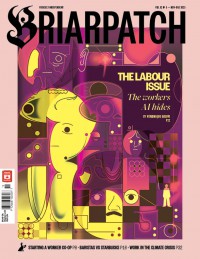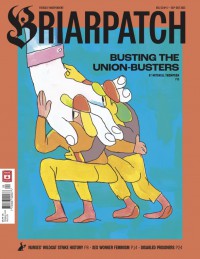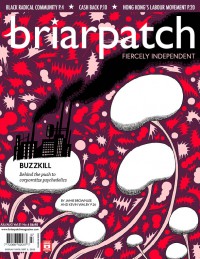-
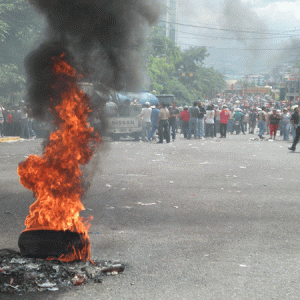 Magazine
MagazineUnfinished business
For the last 10 years, Juana López Nuñez (not her real name) has spent most of her waking hours making T-shirts for the Canadian company Gildan Activewear at the company’s San Miguel factory in Honduras. Today, at age 44, she has little use of her arms and experiences constant pain in her shoulders, neck and hands. She takes painkillers throughout the day, and has had one surgery, which didn’t ease the chronic tendonitis that keeps her up at night.
-
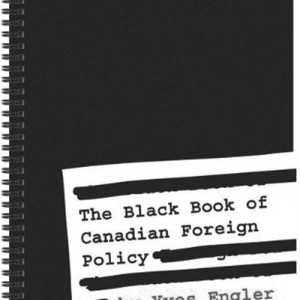 Magazine
MagazineCanada’s black book
The Black Book of Canadian Foreign Policy
Yves Engler
Fernwood, 2009It is commonplace even for critics of Canada’s role in Afghanistan and Haiti or of its vocal support for Israel’s recent military campaigns in Lebanon and Gaza to suggest that Canada has abandoned a long-standing tradition of being an honest broker in international politics, nurturing the idea that there is a mythical past in which Canada was an even-handed arbitrator of international conflict.
-
 Magazine
MagazineSix pillars of a progressive Canadian foreign policy
High-minded rhetoric aside, Canadian foreign policy is largely designed to serve hegemonic Canadian corporate interests abroad. To bring Canada closer to the status of a “peacekeeper” or “honest broker” here are some specific policies that the peace and social justice movement should pursue.
-
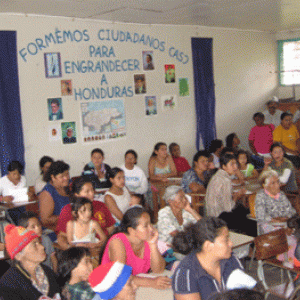 Magazine
MagazineThe Honduran Committee for Peace Action
When I asked Dr. Almendares about the legacy of COHAPAZ, he explained how instrumental these grassroots women’s organizations have been in Honduran human rights movements. “The women have learned a lot about natural medicines, first aid, and birthing through their community organizing.” Pursuing health may not necessarily seem revolutionary, but he says, “health is directly linked with the ability of these women to participate in political action that benefits their communities.”
-
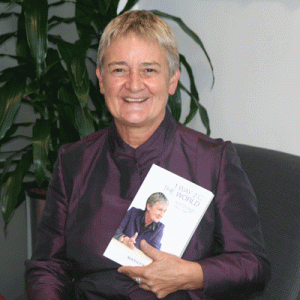 Magazine
MagazineNo one answer
Marilyn Waring’s decades-long career has been as varied as it has been influential. She was the youngest woman elected to the New Zealand Parliament, is a long-time activist for lesbian and gay rights, and has tended her own goat farm for many years. Waring recently spoke with Briarpatch about the state of women’s rights in the Global South and how women in the North can support southern resistance to economic inequality.
-
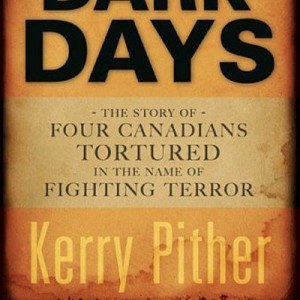 Magazine
MagazineDark days
Dark Days is about the imprisonment and torture of four innocent Canadians in Syria in the furtherance of the so-called “war on terror” launched by George W. Bush. The four men, all Muslims, are Maher Ahar (361 days in Syrian detention), Abdullah Almalki (more than 22 months in Syria), Ahmad El Maati (two years, two months and two days in Syria and Egypt) and Muayyed Nureddin (34 days in Syria). Not one of them was ever charged with any crime.
-
 Magazine
MagazineModest investments, immodest returns
Everybody’s looking for a lifeline to pull themselves out of the global downturn. But with giant bailout packages failing to provide stability in the U.S. and grim predictions for the remainder of 2009, what are the emerging opportunities for secure and lucrative investment?
-
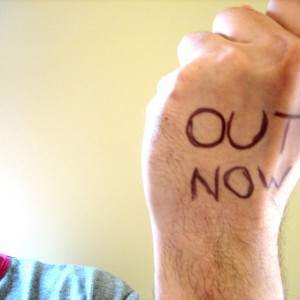 Magazine
MagazinePeace begins at home
The U.S. imperial project in Afghanistan has faltered. The government created by the United States lacks credibility and legitimacy. The vast majority of the people remain poor. The drug economy is dominant. Despite an increase in NATO military forces, the armed resistance led by the Taliban is increasing in strength. So what should Canada’s response be?
-
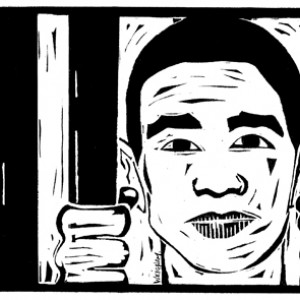
-
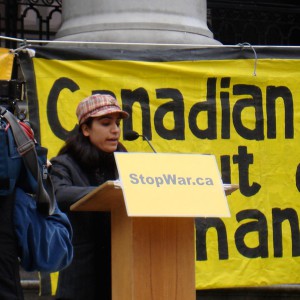 Magazine
MagazineWarlords to the left of me, druglords to the right
Malalai Joya, 29, is a popular women’s rights activist and an outspoken critic of the government of Hamid Karzai and the Northern Alliance.
-
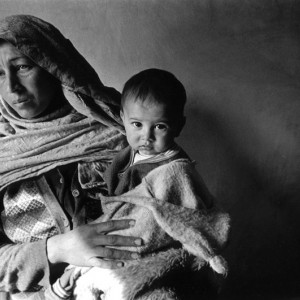 Magazine
MagazineWhat progress for Afghan women?
Today Afghan women are ranked by Human Rights Watch as “among the world’s worst off” by most indicators of social, economic, and political status. What happened? And has the U.S. invasion and NATO occupation improved the situation, or made it worse?
-
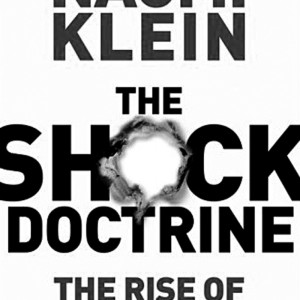 Magazine
MagazineThe shock doctrine
Book reviews of Jeremy Scahill’s Blackwater: The rise of the world’s most powerful mercenary army and Naomi Klein’s, The Shock Doctrine: The rise of disaster capitalism.
-
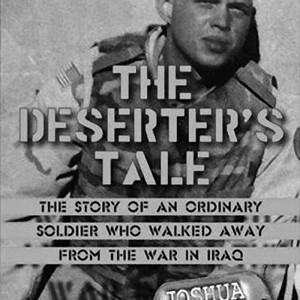 Magazine
MagazineThe Deserter’s Tale: The story of an ordinary soldier who walked away from the war in Iraq
Book review of The Deserter’s Tale: The story of an ordinary soldier who walked away from the war in Iraq
-
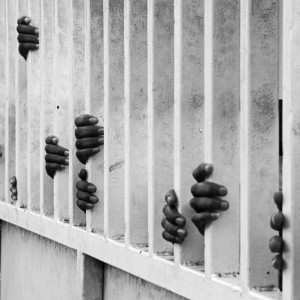 Magazine
MagazineJustice denied
Who is in jail in today’s Haiti, it seems, has a lot more to do with stifling political dissent than with bringing criminals to justice. And Canada has played a key role
-
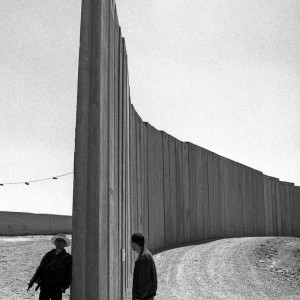 Magazine
MagazineThe One-State Solution
Hassan Husseini interviews Joel Kovel, author of Overocming Zionism: Creating a Single Democratic State in Israel/Palestine
-
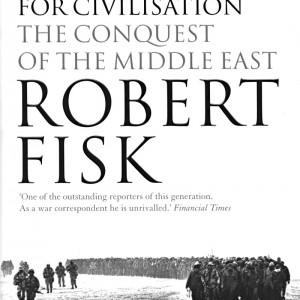 Magazine
MagazineThe Great War for Civilization: the conquest of the Middle East
Book review of Robert Fisk’s The Great War for Civilization:the conquest of the Middle East
-
 Magazine
Magazine“Legalized Imperialism”
“Neither imperialism nor colonialism is a simple act of accumulation and acquisition. It�s not just a matter of going out there and getting a territory and sitting on it. Both of these practices are supported and perhaps even impelled by impressive cultural formations, that include ideas that certain people and certain territories require and beseech domination.” — Edward Said, Culture and Imperialism
-
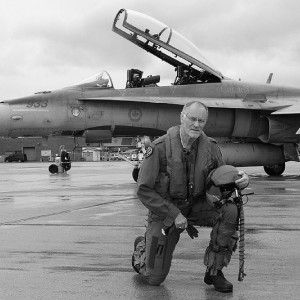 Magazine
MagazineGood night Battle of Britain, Good morning, Gaza
Out of two hundred warplanes that took part in Exercise Maple Flag 2005 in Cold Lake, Alberta in May, only ten were Israeli F-16s. It would be easy to miss their significance. Yet, when Canadian forces extended an invitation to the Israeli Air Force for the first time in thirty-eight meetings of the Maple Flag war games, it signalled, according to military planners, a marked shift in Canadian military and political policy in the twenty-first century: good night Battle of Britain, good morning Gaza.

